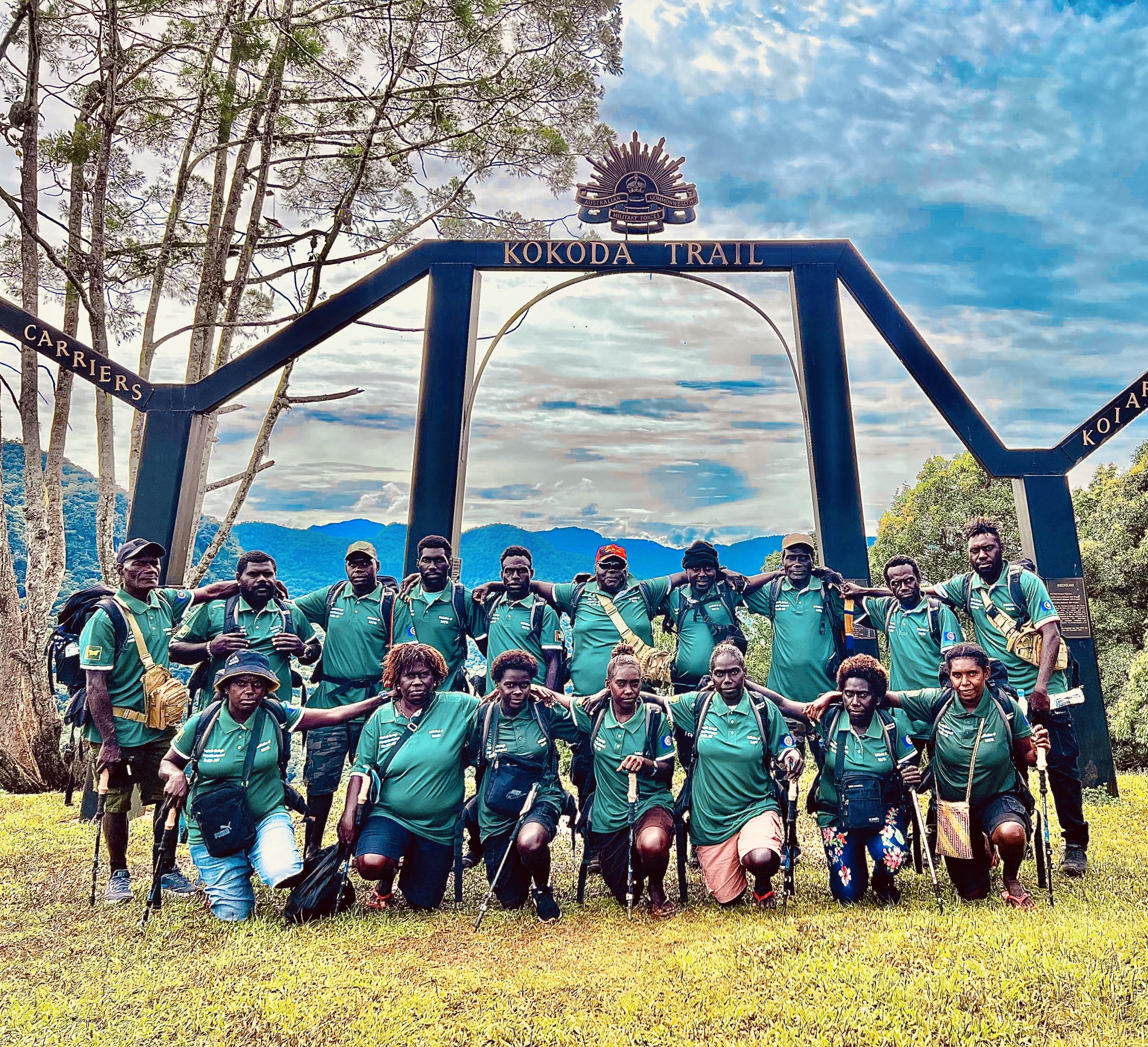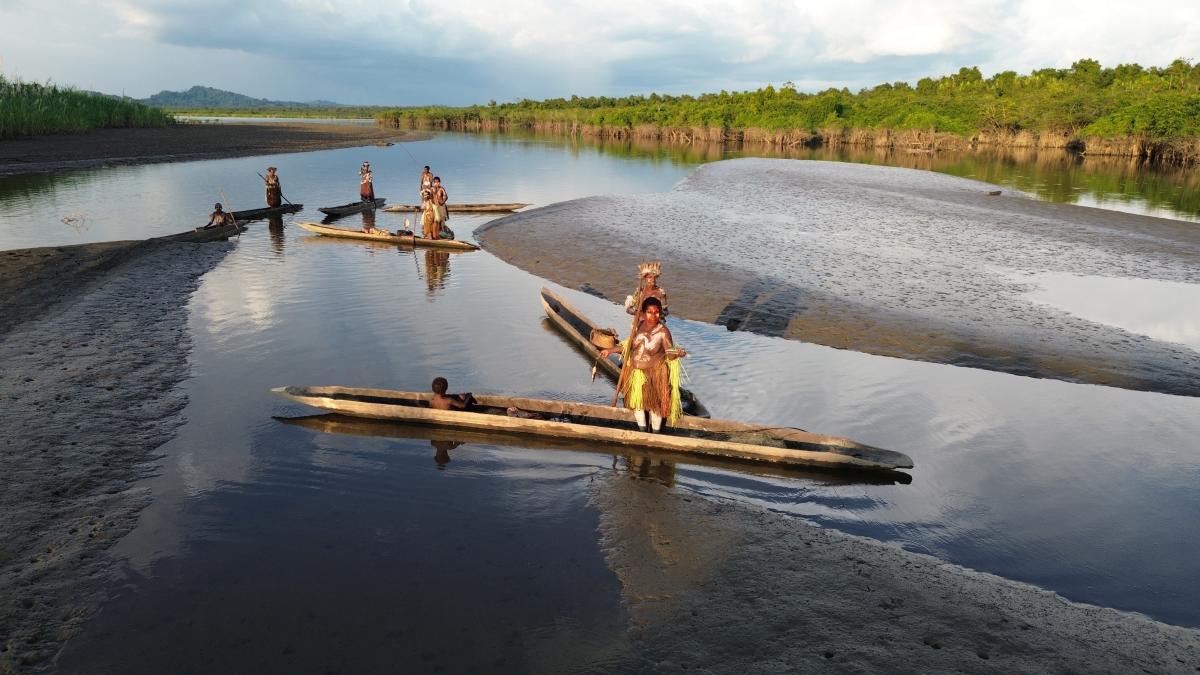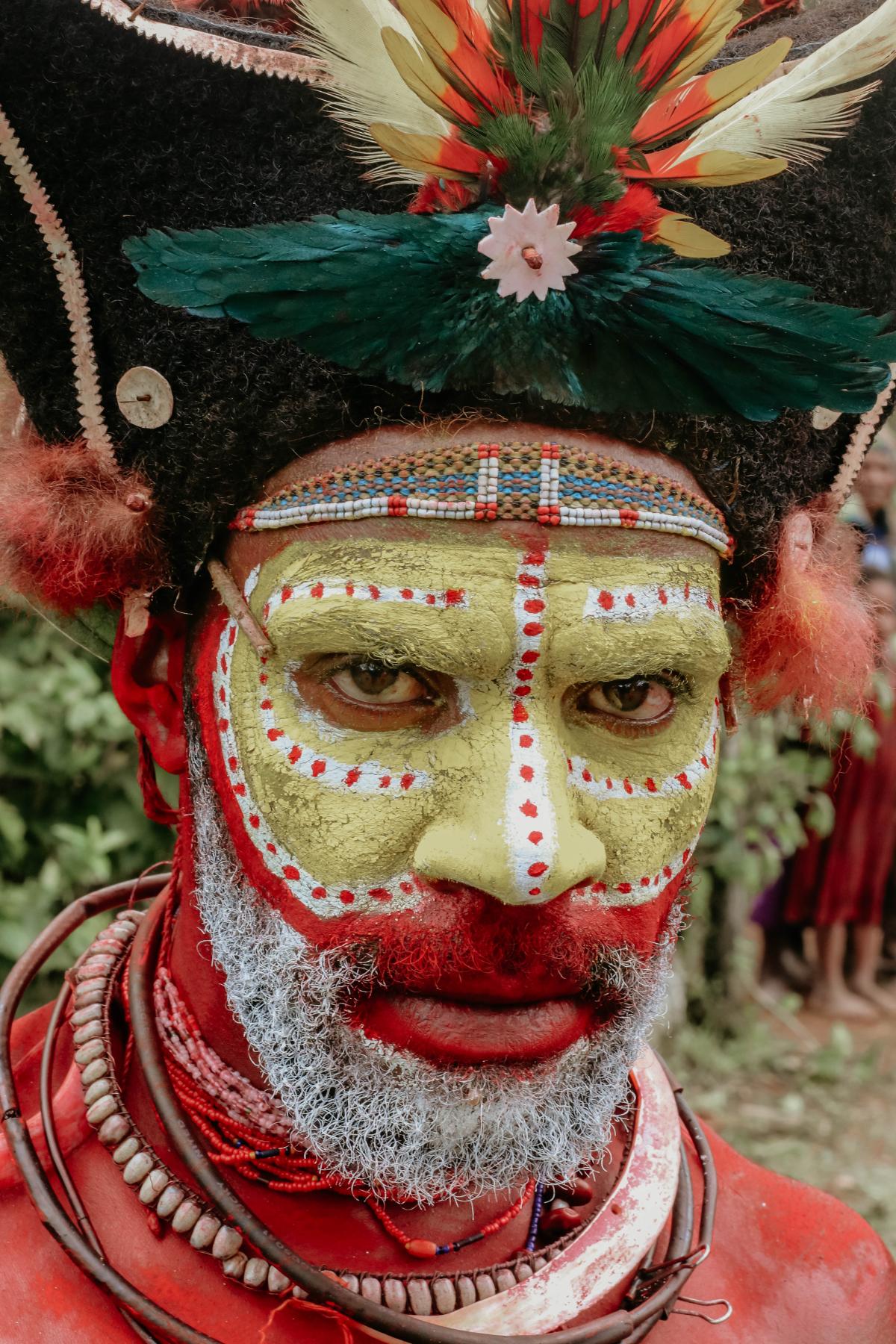Numa Numa Indigenous Exchange Program
The Numa Numa Indigenous Exchange Program, initiated by the Bougainville Arts Culture Tourism Authority (BACTA), marks the beginning of a community led exploration into sustainable tourism development along the Numa Numa Track, Central Bougainville.
Seventeen representatives from the Wakunai and Torokina regions were brought to Port Moresby during the peak ANZAC Day trekking season to experience the operations and impact of the Kokoda Track tourism model firsthand. Hosted by South Sea Horizons and Kokoda landowners, the participants trekked part of the Kokoda Trail, attended the dawn service at the Bomana War Cemetery, and observed how structured tourism can generate economic and community benefits. This exercise aimed to raise awareness and provide a broader perspective on the tourism trekking industry. It served as a foundational point for future discussions and consultations regarding the tourism development of the Numa Numa Track.
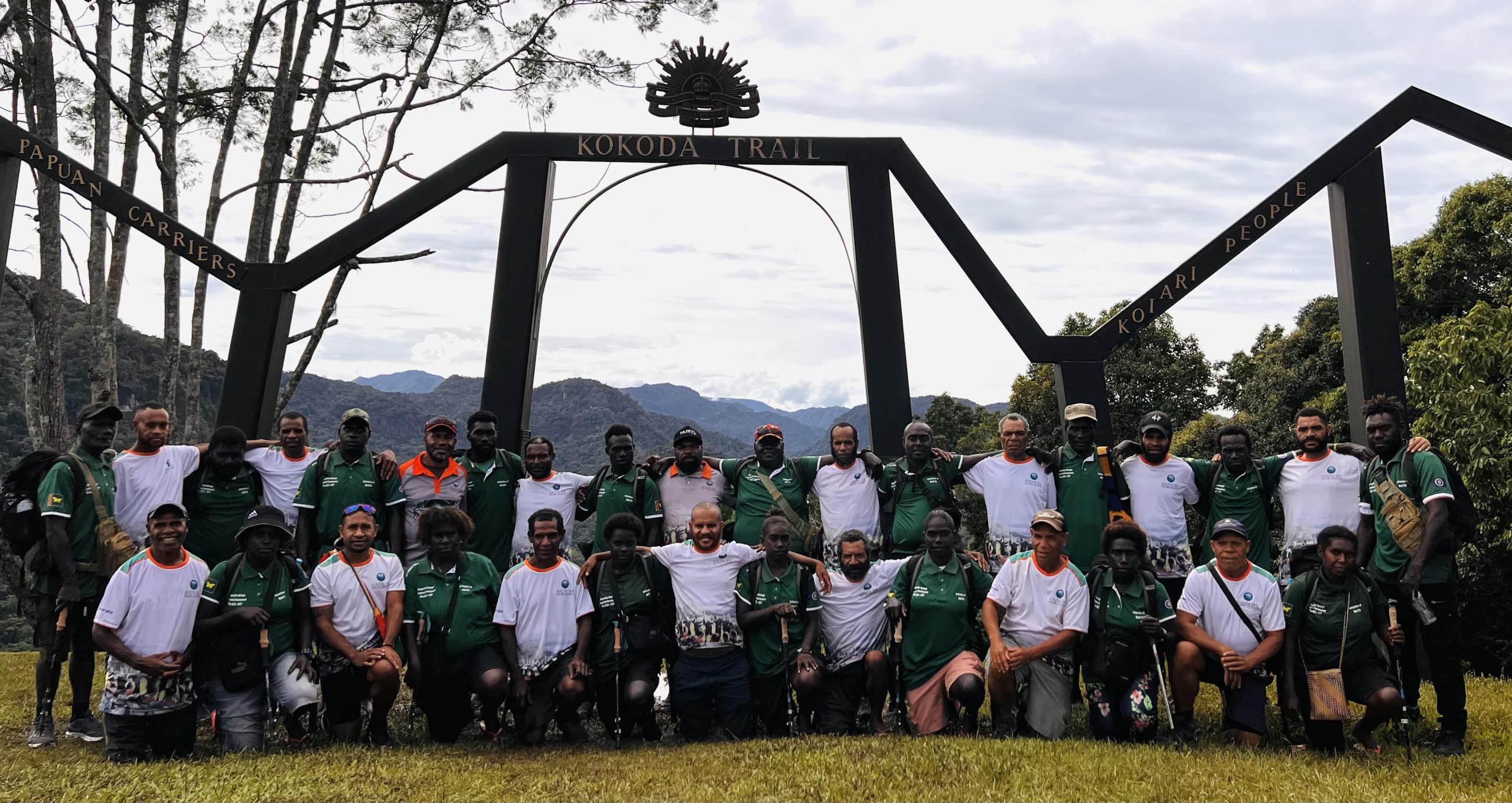
Ranging in age and gender, the representatives arrived into Port Moresby a little unsure of what to expect. It didn’t take long for relationships to be built during the initial training sessions, and very quickly, uncertainty turned into excitement. For many of these representatives, it was their first time outside of Bougainville and was an experience that has forged memories that will last a lifetime.
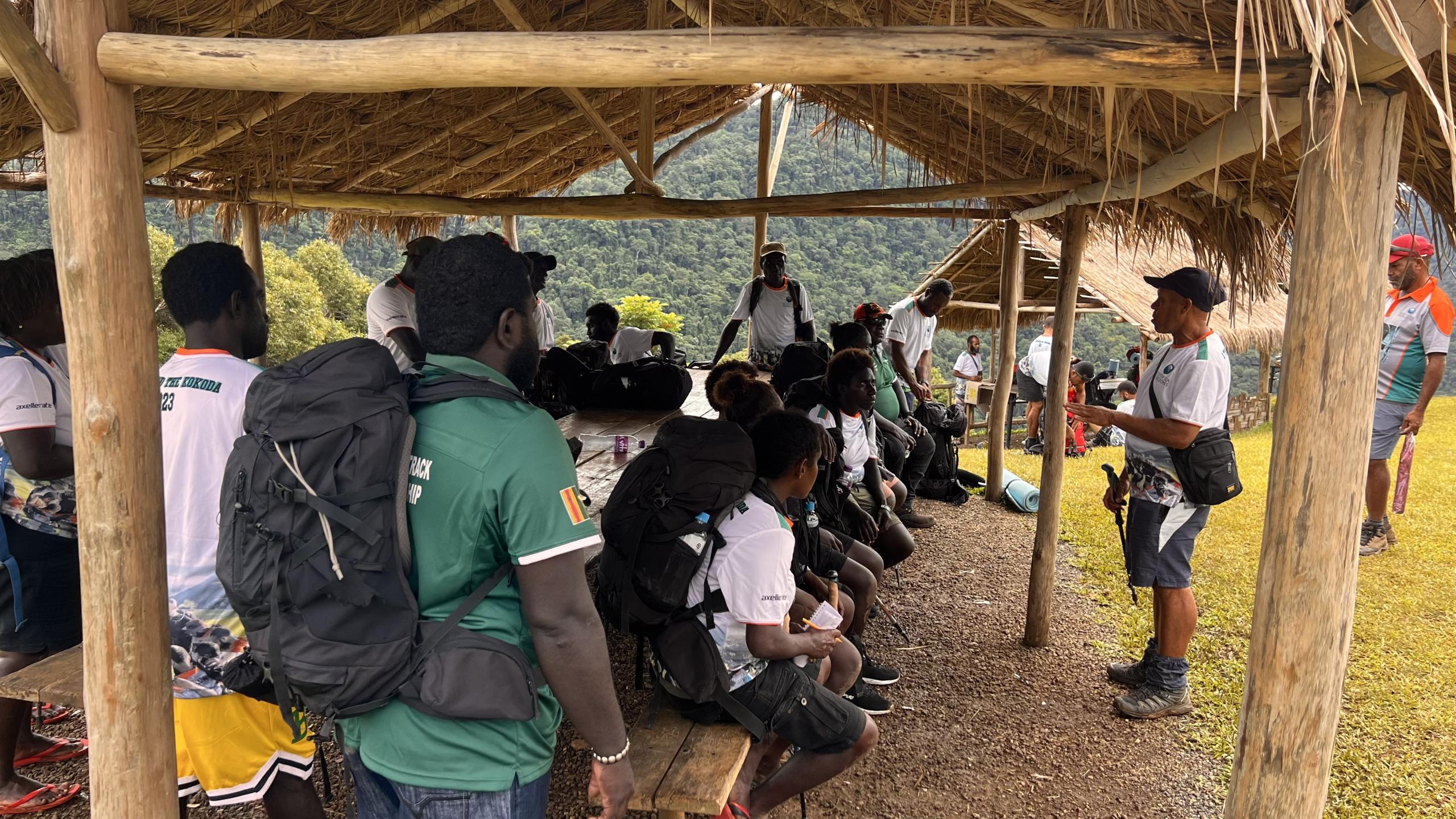
Following the dawn service at Bomana War Cemetery, the team travelled by road to Owers Corner where a final briefing was given before heading off on the Kokoda Track. While it was a bit muddy following days of rain, as well as many trekkers, the weather gods smiled upon the group, giving them dry conditions overnight and produced a breathtaking sunrise the following morning.
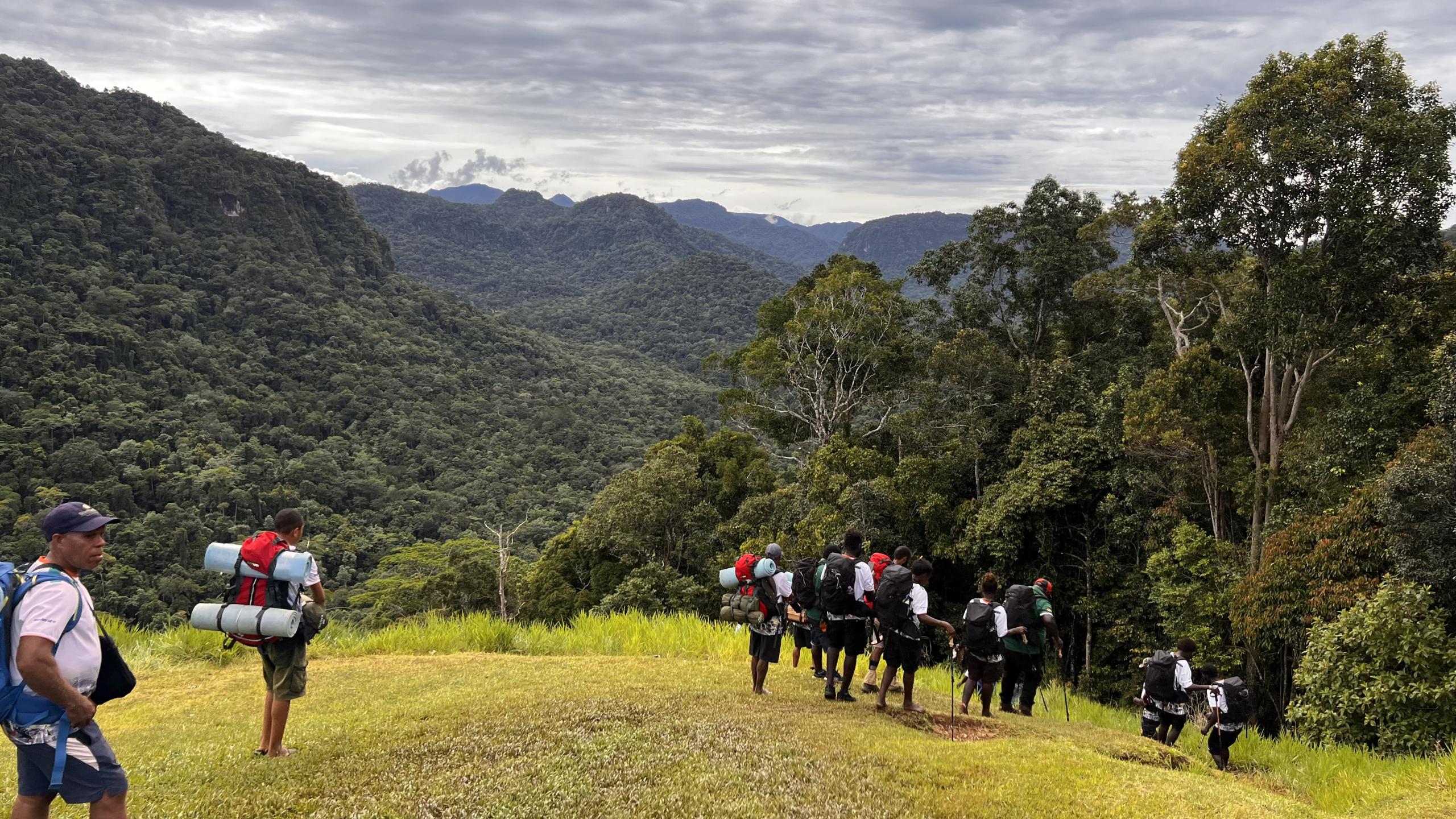
Upon returning to Port Moresby the following day, there were some sore muscles amongst the group, but one thing that was shared collectively was joy from the experience had, and the knowledge gained.
It was not only knowledge about trekking and tourism that was shared with the group, but also the values that must be put forward to successfully operate sustainable tourism. The importance of indigenous rights, maintaining customary traditions and ensuring environmental awareness were some of the keys points raised during the trip.
We are excited to see what the future holds. It won’t be tomorrow, nor will it be next week, but with careful planning and consideration, these seventeen representatives have the opportunity to create something very special.
